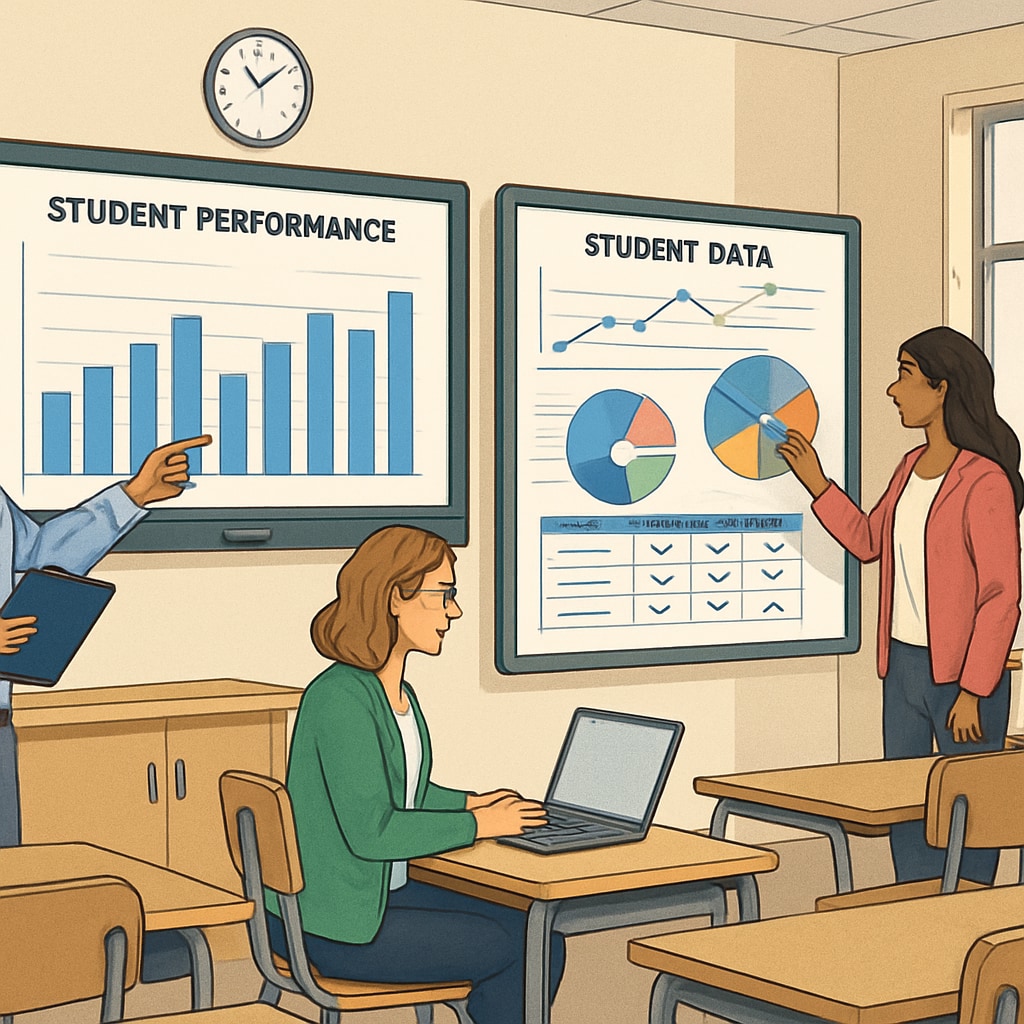In today’s fast-evolving professional landscape, combining expertise in business analysis and a finance minor offers a unique edge, especially in the K12 education sector. This interdisciplinary background equips professionals with tools for data-driven decision-making, resource optimization, and educational innovation, creating opportunities for career advancement and fostering work-life balance.
Why Business Analysis Matters in K12 Education
Business analysis (the study of organizational data to improve operations) is becoming increasingly vital in K12 education. Schools and educational institutions face challenges in managing budgets, allocating resources, and improving student outcomes. Professionals with analytical skills can transform raw data into actionable insights, helping schools operate more efficiently and effectively.
For example, business analysts can evaluate data from student performance metrics to identify trends, enabling teachers and administrators to develop targeted interventions. Additionally, these professionals can optimize funding allocation to ensure resources are directed towards impactful programs. Combining this expertise with a finance minor further enhances the ability to manage and interpret financial data, ensuring better fiscal responsibility.

The Role of Finance in Driving Educational Innovation
A finance minor complements business analysis by providing foundational knowledge in budgeting, investment, and resource allocation. In K12 education, this skill set supports the development of sustainable financial strategies, ensuring that schools can adapt to changing demands while maintaining stability.
For instance, professionals with this dual background can analyze the cost-effectiveness of new technologies or educational programs before implementation, ensuring value for money. Moreover, they can identify alternative funding sources, such as grants and partnerships, to enhance school offerings without overburdening budgets.
As a result, this combination enables educators and administrators to drive innovation while maintaining fiscal health, creating lasting impacts on student learning experiences.

Striking the Balance Between Career Growth and Work-Life Harmony
One of the most appealing aspects of a career in K12 education is the potential for work-life balance. While the field offers meaningful opportunities to shape future generations, the structured nature of school schedules often allows professionals to enjoy well-defined working hours. Combining business analysis and finance expertise further enhances career satisfaction by enabling individuals to make a tangible impact while maintaining personal time.
Moreover, the demand for professionals with this skill set continues to grow, creating opportunities for advancement without compromising quality of life. As schools increasingly rely on data and financial strategies to improve operations, those with interdisciplinary knowledge are uniquely positioned to lead the way.
Key Takeaways:
- Business analysis skills help drive data-informed decisions in K12 education.
- A finance minor enhances capabilities in budgeting and resource allocation.
- This combination fosters innovation, efficiency, and fiscal health in schools.
- Professionals enjoy career growth while maintaining work-life balance.
As the education sector evolves, interdisciplinary professionals with business analysis and finance expertise will continue to play a pivotal role in shaping its future.


